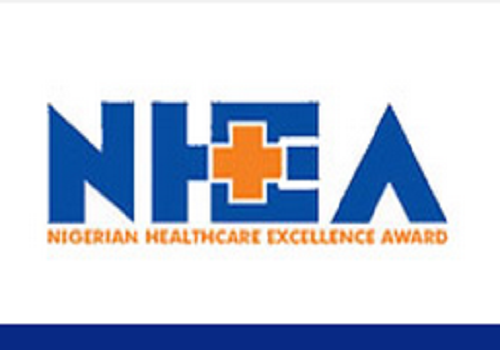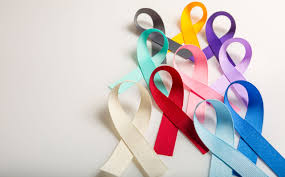That Human Immuno-Deficiency Virus and the Acquired Immune Deficiency Syndrome(HIV/AIDs) are among global killer diseases plaguing developing countries of the world, especially Nigeria, is no longer news. What is, however, news is the ignorance that people feign about the pandemic disease and the lackadaisical disposition of people and government towards its spread. The emphasis hitherto placed on curtailing the spread of the disease, particularly through the media, has lately been overshadowed by security matters and political advocacies.
For instance, the regular media campaign against the spread of the disease with emphasis on HIV/AIDs “begins with you” is no longer on the transmission schedule of the Nigeria broadcast media as was the case in the past.
Besides, the intervention by donor institutions through grants,continuous sponsored testing and counselling by non-governmental organisations seem to have been de-emphsised while the monster is exploring the avenue to extend its tentacles to unwary Nigerians.
The foregoing, perhaps, informed the recent verdict by the Centre for Disease Control and Prevention as published by a national daily, that infection rate had worsened. According to the report, the number of people living with HIV/AIDs in Nigeria had increased by 500,000 in three years while the figure of AIDs-related deaths had also witnessed a marginal rise to 217,148 within the same three years.Besides, findings released by an American organisation further said: “Nigeria has the largest number of children with HIV infection, nearly 60,000 in 2012-a number that has remained constant since then. This misnormer sharply constrasts with the 20 per cent reduction in the cases of new infection earlier recorded by Nigeria.
.jpg)
Given this seemingly frightful report on the spread of the disease, it is expedient to sound a note of warning to all and sundry, that HIV and AIDs according to the World Health Organisation (WHO), had so far claimed the lives of about 36 million people across the world while between 50,000 and 100,000 children infected with HIV/AIDs are annually born in Nigerians. Without mincing words, the aforesaid is an affirmation that Nigeria has, indeed, failed to meet one of the Millennium Development Goals (MDGs) which proposed complete reduction in HIV and AIDs by the year 2015.
HIV/AIDs can be passed from an infected person to an uninfected person through unprotected sexual intercourse with multiple sex partners. Also, a sharp object such as knife,clipper or syringe and needle not sterilised shared by two or more people can serve as mode of spread of the disease.
However, the disease cannot be spread by people who share the same house or office with an infected person. Similarly, HIV and AIDs cannot be contracted when the same spoon is used by both infected and uninfected person nor spread through handshake, mosquito bite or through sharing the same clothes.
But the fact remains that avoiding all of these could amount to stigmatisation, and disconnection with people living with HIV/AIDs, as stigmatisation and discrimination kills faster than the disease itself.
The sense of belonging that is accorded the people living with HIV/ AIDs will go a long way in enhancing their life expectancy and lifespan.
No doubt, intervention by donor agencies and institutions counts, as the World Health Organisation, UNICEF and international agencies had contributed immensely to the eradication of the disease. And though much of the funds could not be accounted for by recipients, it would be humane if similar gesture in the future are channelled towards the intended purpose, while anti-retroviral treatment and drugs should be made available to PLWHA.
In addition, people should also endeavour to keep to one sex partner while sharing of sharp objects should be avoided.
Furthermore, unusual symptoms on one’s body should be reported in a hospital for quick medical intervention while Nigerians should be encouraged to have regular medical checks to know their HIV/AIDs status.
Also, government and non-governmental organisations should organise testing and counselling programmes on regular basis just corporate organisations, social institutions and individuals should be committed to the cause of stamping out the disease. It is possible!
By Deborah Olubunmi Mojereola
Mojereola is of the Department of Guidance and Counselling /Communication and Language Arts, Faculty of Education, University of Ibadan, Ibadan.
ABUJA: Training Schedule for Basic Life Support BLS, Pediatric Advanced Life Support (PALS), Advanced Cardiovascular Life Support ACLS, First Aid, CPR, AED
PORTHARCOURT: Training Schedule for Basic Life Support BLS, Pediatric Advanced Life Support (PALS), Advanced Cardiovascular Life Support ACLS, First Aid, CPR, AED
LAGOS: Training Schedule for Basic Life Support BLS, Pediatric Advanced Life Support (PALS), Advanced Cardiovascular Life Support ACLS, First Aid, CPR, AED




